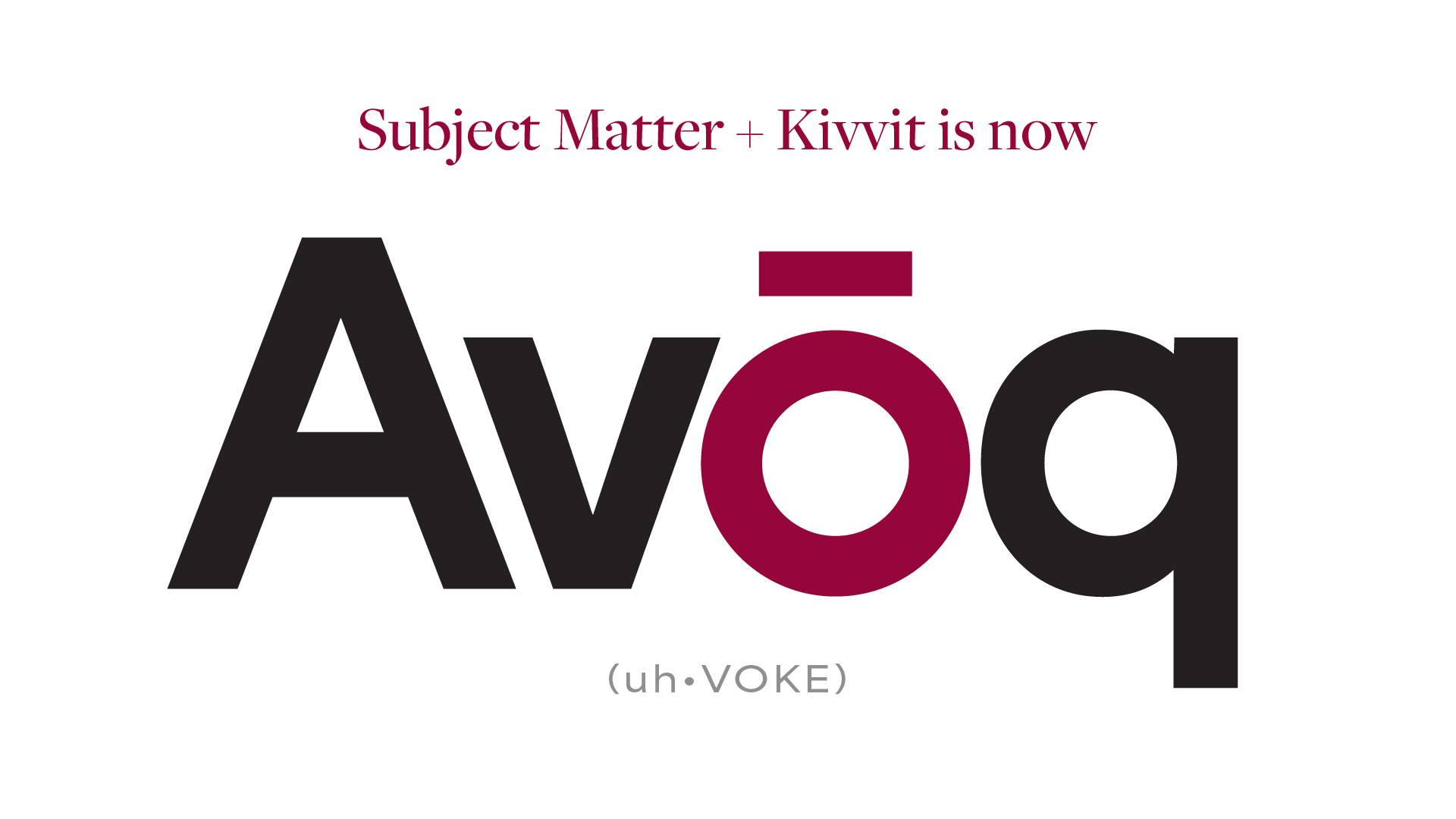Balancing Act: Communicating America’s Energy Transition
Dive into America’s energy transformation and explore what it means for energy companies and how they can navigate toward a clean energy future.
Five Takeaways from the Most Important Energy Conference in the World
We used our Live Social Media Dashboard to track 10,200 social media posts on X (Twitter) to further understand audience sentiment from CERAWeek.
Committing to DEI in Your Core Business Model
In order to fully integrate DEI into their business models, companies must go from intentionality to deliberate action.
A Conversation About the Value of Insights
Senior Director of Strategic Insights & Planning Jonathan Scharff talks about the power of insights in all facets of your strategy.
Kevin Richards, Avoq’s Chief Creative Officer, Shares His Thoughts on the 2024 Super Bowl Ads
Kevin Richards, our chief creative officer, shares his thoughts on the 2024 Super Bowl ads following an American Advertising Federation talk.
How Data Gives Crisis Communicators Insight into What’s Around the Corner
Maura Farrell and Patrick Kerley discuss how data, analysis and actionable insights can be integrated into the three phases of crisis communications.
Subject Matter, SIA Win PR Week’s “Best in Public Affairs Award”
A partnership with SIA that had focused on strategic communications and government relations expanded to other Subject Matter teams.
New Report: ESG Has Gone Mainstream – What’s Next?
Kivvit used our award-winning data expertise to analyze the evolution of ESG, in the changing ESG landscape.




